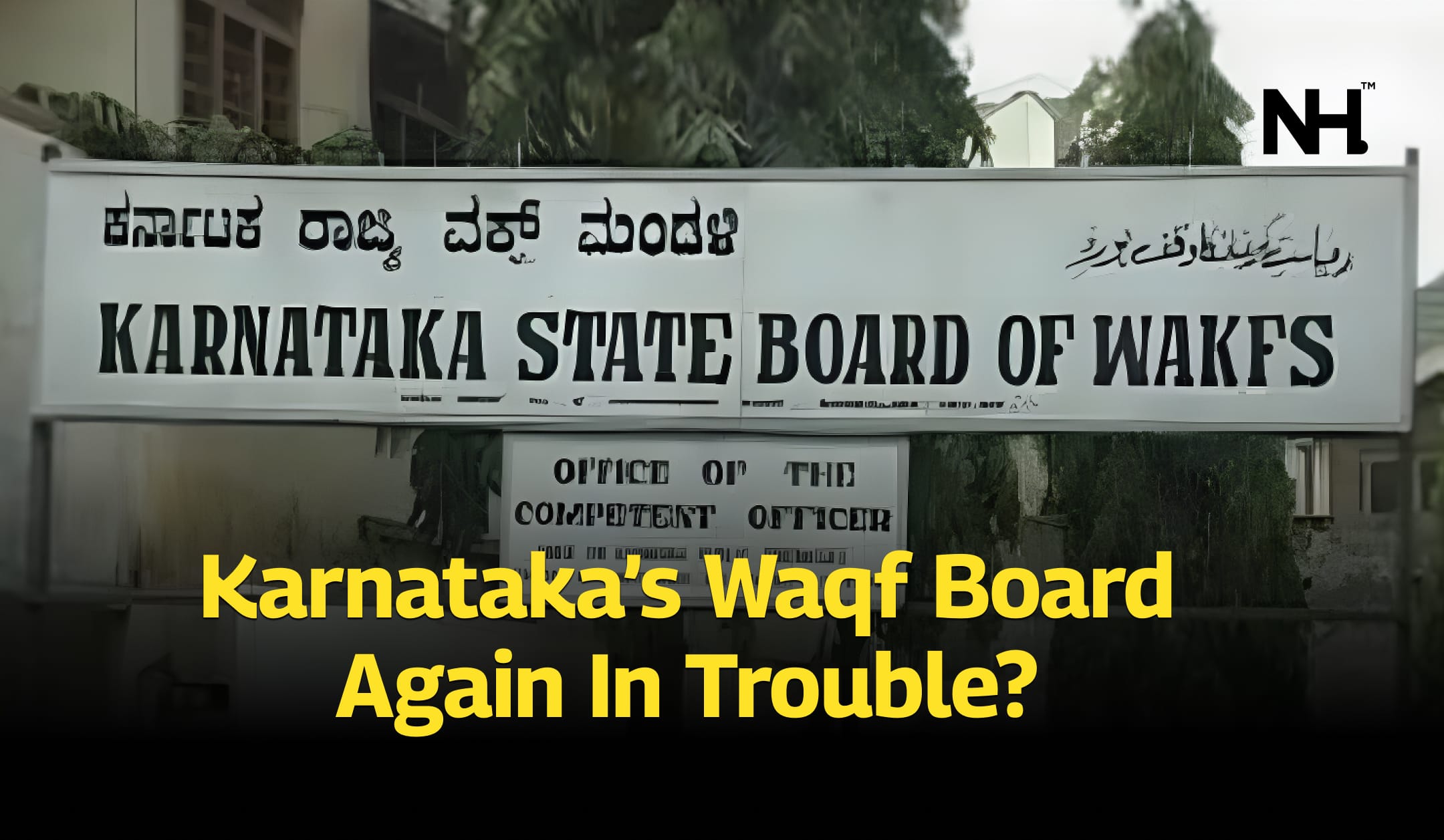The Karnataka High Court on Thursday stayed the State Government’s August 30, 2023, order that empowered the Karnataka State Waqf Board to issue marriage certificates to Muslim applicants. The court observed that the Waqf Board lacked statutory authority under the Waqf Act, 1995, to perform this function and raised questions about the legality of the directive.
A division bench comprising Chief Justice NV Anjaria and Justice KV Aravind issued the interim order while hearing a Public Interest Litigation (PIL) filed by Alam Pasha, founder of The Helping Citizen and People’s Court, a non-governmental organization. The PIL challenged the validity of the government order (GO), which conferred powers on the Waqf Board to register Muslim marriages.
Court Observations
The court noted that prima facie, the Waqf Board’s authority to issue marriage certificates was beyond its legal powers as outlined in the Waqf Act, 1995.
“The GO is inconsistent with the provisions of the Waqf Act, 1995. A careful reading of Section 32 of the Act reveals no authority permitting the Waqf Board or its officers to issue marriage certificates. This function is neither connected to the better administration of the Waqf Board nor incidental to its management,” the court stated.
Chief Justice Anjaria and Justice Aravind emphasized that the Waqf Act was enacted to deal with the administration of Waqf properties and did not extend to functions such as marriage registration. They observed that the government order appeared to usurp powers not available under the law, raising serious concerns about its validity.
Petitioner’s Argument
The petitioner, Alam Pasha, argued that the order violated existing laws governing marriage registration in Karnataka. He pointed out that the Karnataka Marriages (Registration and Miscellaneous Provisions) Act, 1976, provided a uniform framework for registering marriages, which superseded the powers claimed under the Waqf Act.
Pasha’s counsel further argued that the Waqf Act primarily dealt with the management of movable and immovable properties and did not authorize the issuance of marriage certificates. “A marriage can only be registered before the district or State Registrar of Marriages under the Hindu Marriage Act, 1955, or the Special Marriage Act, 1954,” the petitioner’s counsel added.
The PIL also highlighted that the Kazi Act, 1988, which previously authorized Kazis to issue marriage certificates, was repealed in 2013. Despite this, the state government issued the 2023 order granting the Waqf Board similar powers, allegedly without a legal basis.
State’s Defense
The State government defended its decision by citing practical difficulties faced by Muslims traveling abroad soon after their marriage. It argued that the notification was intended to streamline the process of obtaining marriage certificates for such individuals, easing their difficulties.
However, the court rejected this justification, stating that administrative convenience could not override statutory limitations. “The ground that applicants of the community are to be facilitated with the issuance of marriage certificates by Waqf officers to alleviate difficulties is no justification for authorizing the Waqf Board to perform functions outside its statutory purview,” the court observed.
Implications of the Stay
The stay order effectively halts the operation of the August 30 directive, pending further hearings. Notices have been issued to the Waqf Board and the State Government, requiring them to justify the legality of the order by December 7, 2023.
Advocate Saraswathi M, representing the petitioner, welcomed the court’s decision, calling it a step toward upholding the rule of law. Meanwhile, AGA Niloufer Akbar, appearing for the State government, is expected to present a detailed response during the next hearing.
Looking Ahead
The court adjourned the hearing to January 7, 2024, stating that the issues raised in the PIL require careful examination. The High Court’s interim order underscores the importance of adhering to statutory provisions and raises critical questions about the role and scope of the Waqf Board.
As the legal battle unfolds, the case could have significant ramifications for the governance of marriage registration processes and the interpretation of statutory powers under the Waqf Act.https://www.thenewshamster.com/waqf-board-chairman-resigns/
Did The Congress Give Away Farm Land To the Karnataka Waqf Board?



















































































